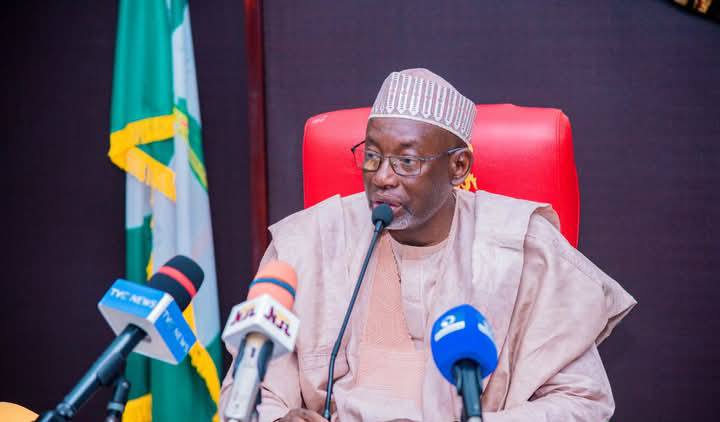Jigawa State, a predominantly agrarian region in Nigeria, has embarked on a significant agricultural transformation program aimed at empowering local farmers and boosting food production. Over the past two years, the state government has provided subsidized agricultural inputs to more than 250,000 farmers across its 27 Local Government Areas. This initiative is a cornerstone of Governor Namadi’s administration, which recognizes agriculture as the backbone of the state’s economy and the primary source of livelihood for its citizens. The program encompasses support for both dry-season and rain-season farming, covering a diverse range of crops including rice, wheat, and sesame. This broad-based approach aims to enhance agricultural productivity across the state, contributing to food security and economic growth.
The government’s commitment to agricultural development is evident in the substantial financial resources allocated to the program. Billions of naira have been earmarked to support farmers and improve agricultural practices. This investment translates into tangible benefits for farmers, who receive subsidized inputs at significantly reduced prices. The program’s success is further underscored by the high repayment rate of loans provided for the purchase of these inputs. Despite initial concerns, over 60% of farmers who benefited from the loan scheme have successfully settled their debts, demonstrating the program’s positive impact on their financial stability and their commitment to sustainable agricultural practices. This positive repayment trend allows the government to continually expand the program’s reach, supporting a growing number of farmers each year.
The distribution of subsidized inputs has been strategically timed to align with the planting seasons, ensuring that farmers have access to the necessary resources when they need them most. Addressing concerns about potential delays, the Technical Adviser to the Governor on Agriculture, Dr. Saifullahi Umar, emphasized that the timing of input delivery remains optimal for effective farming practices. He dismissed allegations of late delivery, underscoring the government’s commitment to timely support for farmers. Furthermore, the prices of subsidized inputs are reportedly the lowest in the country, directly contradicting claims that they exceed market rates. This affordability further strengthens the program’s impact and contributes to its widespread adoption by farmers across the state.
The government’s agricultural strategy also includes a focus on different scales of farming operations, ensuring that both smallholder and large-scale farmers benefit from the initiative. Five categories of farmers, based on landholding size ranging from 0.5 to 5 hectares, are included in the program. A tiered subsidy system ensures equitable distribution of support, with smallholder farmers, comprising over 80% of beneficiaries, receiving subsidies of 20-30%, while large-scale farmers receive a 10% subsidy. This approach recognizes the crucial role of smallholder farmers in Jigawa’s agricultural landscape and provides them with the necessary support to enhance their productivity and livelihoods.
The subsidized inputs provided to farmers encompass a range of essential agricultural resources, including fertilizers, seedlings, pesticides, and other farming chemicals. These inputs are crucial for improving crop yields and overall agricultural productivity. By providing access to these resources at affordable prices, the government aims to empower farmers to adopt improved farming practices and maximize their output. This comprehensive approach to agricultural support, from financial assistance to providing essential inputs, reflects the Jigawa State government’s commitment to transforming the agricultural sector and ensuring its long-term sustainability.
Looking towards the future, Jigawa State has ambitious plans to further elevate its position in the national agricultural landscape. The recently launched 2025 rice dry-season farming program aims to significantly scale up rice production, with the ultimate goal of meeting 50% of the nation’s rice needs. This ambitious initiative underscores the state’s commitment to food security and its potential to become a major rice-producing hub in Nigeria. By providing continued support to farmers and fostering an enabling environment for agricultural growth, Jigawa State is poised to achieve this ambitious goal and further solidify its role as an agricultural powerhouse.


